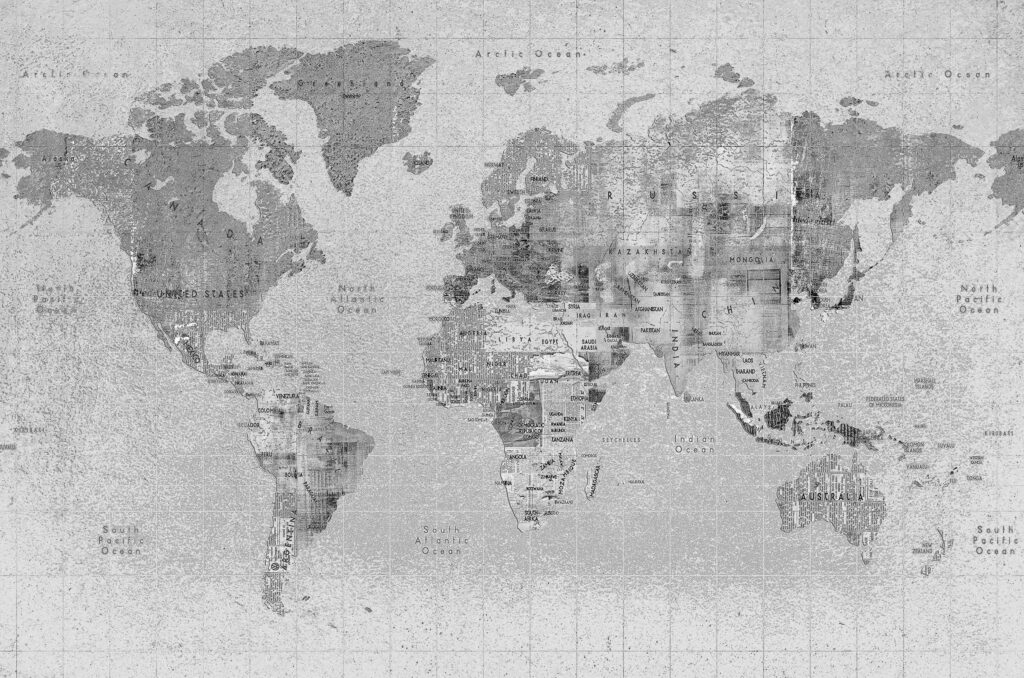Julius
Robert


Julius
Robert
OPPENHEIMER
ABOUT
J. Robert Oppenheimer was an American physicist best known for leading the Manhattan Project, which developed the first atomic bomb during World War II. Often called the "father of the atomic bomb," he played a key role in ending the war but later expressed deep regret over the weapon's destructive power.
After the war, Oppenheimer spoke out against nuclear arms and advocated for global control of atomic energy. His opposition to the arms race led to a political backlash, and in 1954, he lost his security clearance in a controversial hearing during the Red Scare.
Beyond science, Oppenheimer was a thinker who loved literature and philosophy, making his legacy both scientifically brilliant and morally complex.


Born in 1904 in New York City, Oppenheimer grew up in a cultured and affluent Jewish family. He excelled academically and entered Harvard at 18.

He studied quantum physics at Cambridge and Göttingen, working with Max Born and meeting future luminaries like Werner Heisenberg.

In 1942, he became scientific director of the Manhattan Project at Los Alamos, overseeing the development of the atomic bomb.

On July 16, 1945, the first nuclear explosion was successfully tested in New Mexico—an event that marked the dawn of the atomic age.

Haunted by the bomb’s power, he opposed the hydrogen bomb and advocated for arms control, challenging U.S. military policy.

In 1954, during the Red Scare, Oppenheimer’s clearance was revoked in a public hearing that questioned his loyalty and politics.

In his later years, he taught and reflected on science and ethics. In 1963, he received the Enrico Fermi Award. He died in 1967.

Military director of the Manhattan Project who selected Oppenheimer as Los Alamos director.

Though not part of the Manhattan Project, he deeply influenced Oppenheimer intellectually.

Nobel-winning physicist and close friend, Rabi advised the project and later opposed the H-bomb.

Danish Nobel laureate who visited Los Alamos and inspired many, including Oppenheimer.

Theoretical division head at Los Alamos who worked closely with Oppenheimer.

Inventor of the cyclotron and key figure in uranium isotope separation at Berkeley.

Father of the hydrogen bomb and Oppenheimer's frequent adversary during the 1954 hearing.

Oppenheimer's wife and personal support through turbulent phases of his career.

Robert's younger brother, also a physicist, who faced scrutiny during McCarthyism.

Chairman of the AEC who orchestrated the hearing that ended Oppenheimer's public role.

The first detonation of a nuclear device conducted in New Mexico, July 16, 1945.

Primary facility for atomic bomb development under his direction.

Oppenheimer left a complicated legacy as both pioneer and critic of nuclear arms.